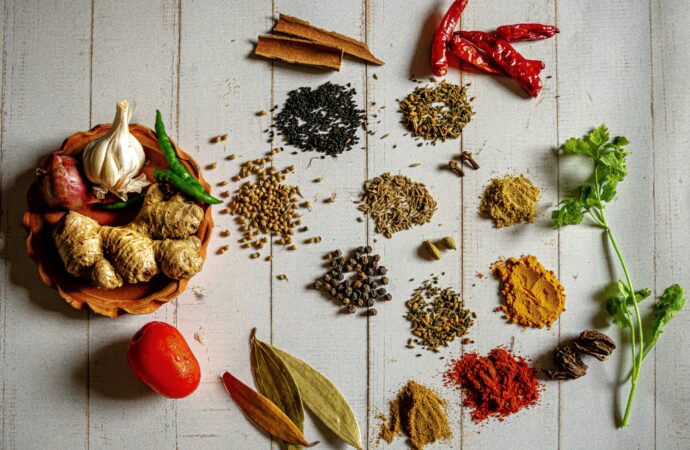The Importance of Questioning Our Food Choices
1. Food Safety in India
India faces significant challenges related to food safety. Here are some key points:
- Adulteration Prevalence: Approximately one in every five food items in India is adulterated. From grains to milk, pulses, spices, and oil seeds, adulteration remains a persistent problem.
- Health Risks: Adulterated food poses immediate health risks, leading to foodborne diseases. These diseases can have severe consequences, especially for vulnerable populations like children.
- Street Food Concerns: Street food, commonly consumed across the country, often poses health hazards due to contamination with infectious viruses and bacteria.
2. The Role of Consumer Awareness
As consumers, we play a crucial role in demanding higher food quality and safety. Here’s what we can do:
- Question Ingredients: Be curious about what goes into the food you eat. Read labels, inquire about sourcing, and choose wisely.
- Advocate for Transparency: Support initiatives that promote transparency in food production and distribution.
- Stay Informed: Educate yourself about food hygiene practices and stay updated on relevant news and regulations.
3. Collaborative Efforts
Ensuring food safety requires collaboration among various stakeholders:
- Government: Policymakers must enforce regulations and create awareness campaigns.
- Businesses: Food producers and retailers should prioritize quality and transparency.
- Consumers: We must make informed choices and actively participate in the food safety ecosystem.
Conclusion
Ensuring food safety is a collective responsibility that involves various stakeholders—government bodies, businesses, and consumers. By working together, we can create a safer and healthier food ecosystem for all Indians. Here are some key takeaways:
- Consumer Awareness: As individuals, we must question what goes into the food we consume. By being informed and vigilant, we can make better choices and demand transparency from food producers.
- Regulatory Measures: While India has comprehensive food safety regulations, effective implementation remains crucial. Bridging the gap between policy and practice is essential to safeguard public health.
- Scientific Innovation: The pandemic has accelerated scientific progress in agri-tech. Leveraging technology can enhance food safety measures, from production to distribution.
- Collaboration: Government agencies, businesses, and consumers must collaborate to address food safety challenges. By advocating for quality and safety, we contribute to a healthier future.
Remember, every meal we eat impacts our well-being. Let’s continue questioning, advocating, and working towards a safer food environment.
 Food Manifest
Food Manifest 


















